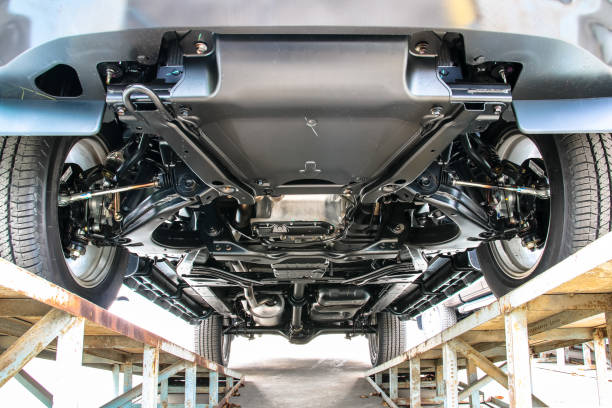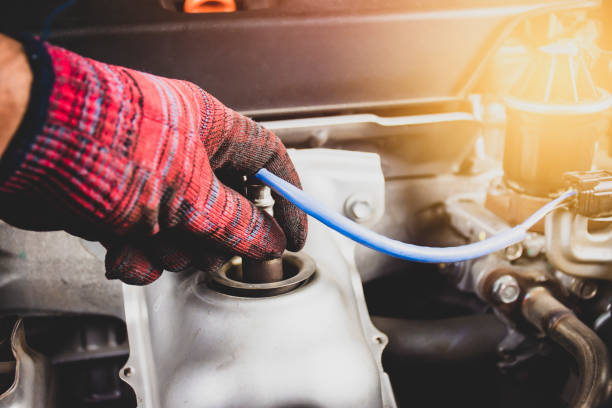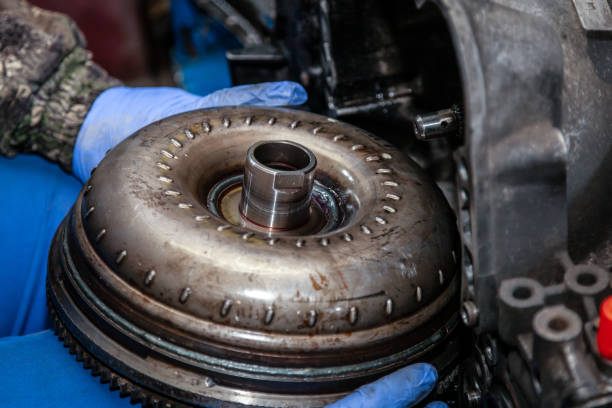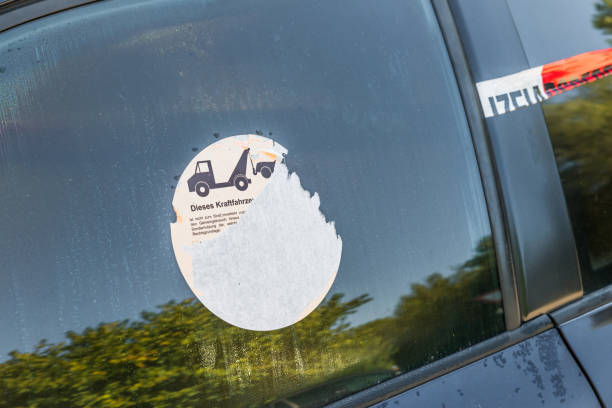As a car owner, it is essential to have a good understanding of your vehicle’s engine and know when things are not working correctly. Engine power reduction is a common problem that many car owners experience. It occurs when your car’s engine is not generating the power it should be, resulting in a lack of acceleration, poor fuel economy, and even stalling or engine failures.
Engine power reduction can be caused by various factors ranging from minor issues like dirty air filters to more severe problems like fuel injection system faults. If you ignore these issues, they could lead to more significant and, ultimately, expensive problems.
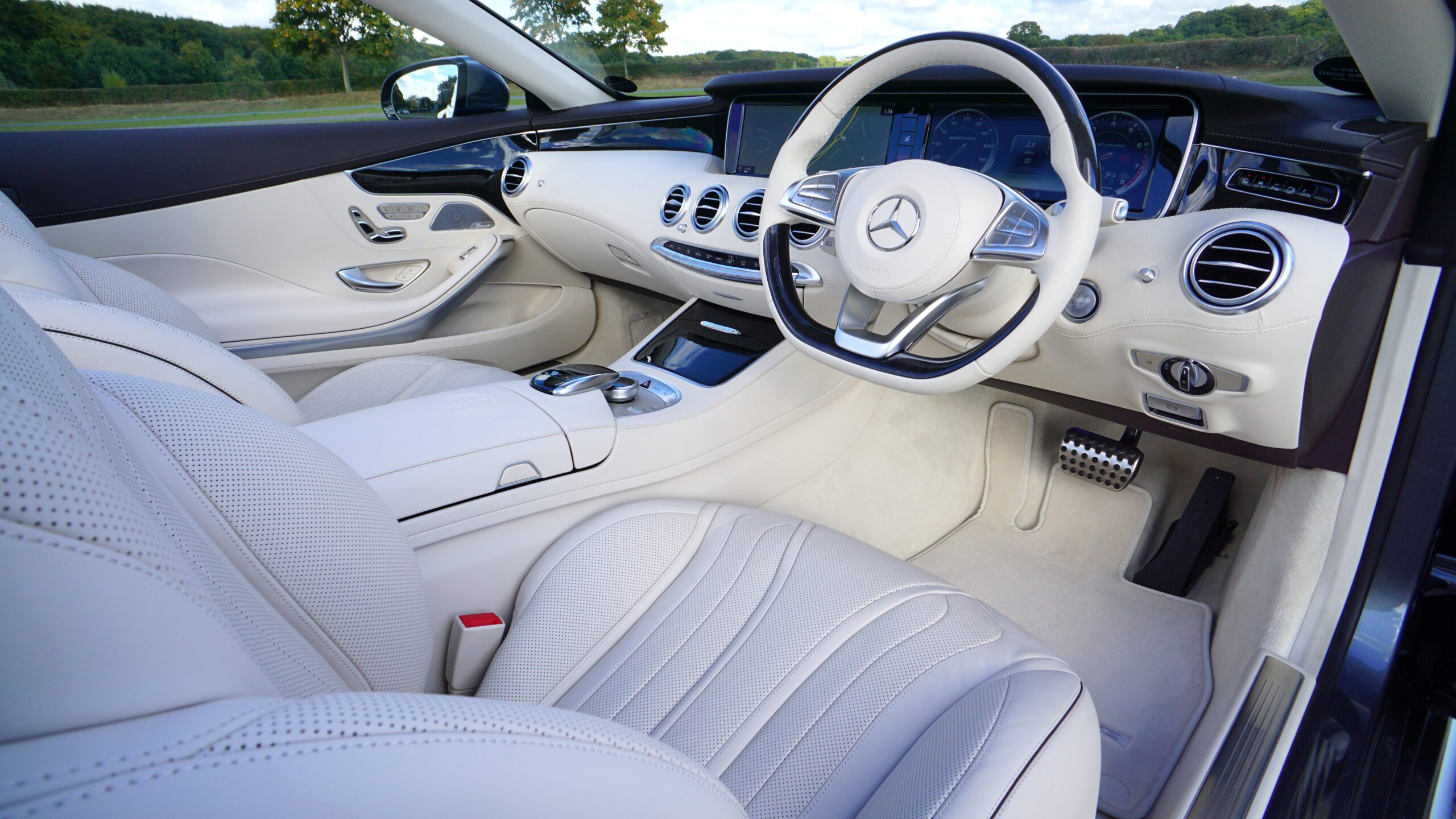
Causes of Engine Power Reduction
Various factors can lead to engine power reduction. The most common causes are:
- Dirty air filters: Air filters are crucial in the combustion process as they regulate the amount of air that enters the engine. Clogged or dirty filters reduce the amount of air that enters the combustion chamber, leading to reduced engine power.
- Fuel system issues: The fuel system is made up of various components, including the fuel pump, fuel injectors, and fuel filter. Any problem in these components can lead to engine power reduction.
- Ignition system problems: The ignition system is responsible for starting and running the engine. Faulty spark plugs, ignition coils, or other ignition system components can lead to engine power reduction.
- Exhaust system issues: The exhaust system regulates the emission of gases from the engine. Any problem in this system can lead to reduced engine power.
- Electrical problems: Electrical problems affecting the engine can cause engine power reduction. These can range from a bad battery to a damaged electrical circuit.
Symptoms of Engine Power Reduction
When your car’s engine is experiencing power reduction, you may notice the following symptoms:
- Reduced acceleration: You may feel a lack of power when trying to accelerate your car.
- Poor fuel economy: A decrease in fuel economy is another common symptom of engine power reduction. Your car may struggle to maintain a steady speed, leading to higher fuel consumption.
- Stalling or engine failure: If the engine power reduction is severe, your car may stall or fail to start altogether.
- Illuminated check engine light: A reduced engine power warning light may illuminate on your dashboard if your car’s engine is experiencing power reduction.
If you notice any of these symptoms, it’s essential to take your car to a mechanic for diagnosis and repair.
Effects of Driving with Reduced Engine Power
Driving with reduced engine power not only affects the performance of your car but can also pose a risk to your safety on the road. Below are some effects of driving with reduced engine power:
- Reduced acceleration: When you have reduced engine power, you may experience sluggish acceleration, making it difficult to overtake other cars or merge onto highways.
- Increased fuel consumption: When your car’s engine isn’t functioning optimally, it may consume more fuel than usual. This can result in higher fuel expenses in the long run.
- Engine damage: If you continue driving with a reduced engine power, it increases the risk of further damage to your engine. The more you drive, the more the engine will wear out, eventually leading to engine failure.
- Safety risks: Driving with reduced engine power can also pose safety risks on the road. For instance, your car may stall in the middle of the road or fail to respond appropriately, leading to accidents.
Diagnosing the Problem
Before fixing the engine power reduction problem, you first need to diagnose the root cause. Diagnosing the problem requires you to investigate and test various components of your car, including the fuel system, ignition system, and exhaust system.
If you are unsure how to diagnose the issue, it’s best to take your car to a qualified mechanic who can carry out a comprehensive diagnosis. They can use diagnostic tools to identify the exact issue with your car’s engine.
Common Solutions for Engine Power Reduction
Once you have identified the problem causing engine power reduction in your car, you can then proceed to fix it. Below are some common solutions to restore your engine’s power:
- Replacement of faulty components: You may need to replace any faulty components in the fuel, ignition, or exhaust system.
- Cleaning of air filters: Cleaning or replacing your car’s air filters can also improve engine performance.
- Fuel system cleaning: If the fuel system is dirty, it’s essential to clean it to improve engine performance.
- Engine tune-up: A regular engine tune-up can help identify and fix any issues affecting engine performance.
In summary, to solve engine power reduction issues, it is essential to diagnose the problem and then carry out the necessary fixes. Regular maintenance of your car’s engine and replacing damaged components can help prevent future engine power reduction problems.
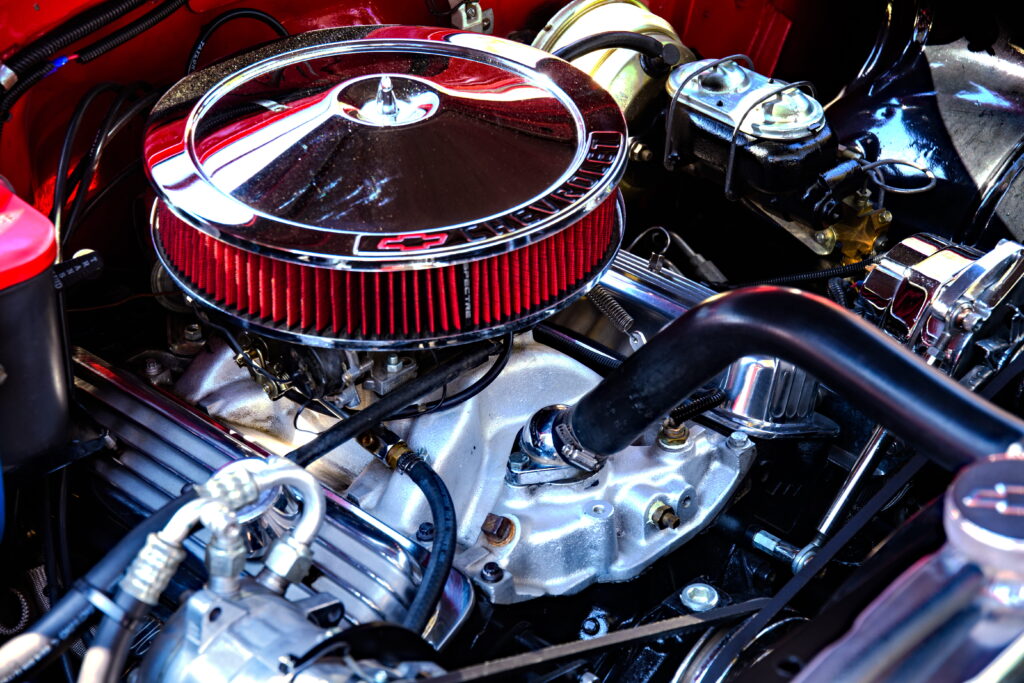
DIY Fixes for Engine Power Reduction
While it’s advisable to take your car to a mechanic to diagnose and fix engine power reduction problems, some simple fixes can be done at home. Here are some DIY fixes to restore your engine’s power:
- Cleaning the air filter: If the air filter is clogged or dirty, it may reduce the amount of air entering the engine, causing power reduction. Cleaning or replacing the air filter improves airflow, translating into better engine performance.
- Changing the spark plugs: Worn-out spark plugs can cause engine power reduction. If the spark plugs are faulty, replacing them with new spark plugs can improve engine performance.
- Checking the fuel system: Check the fuel system for leaks, clogs, or damaged parts. You may need to replace any faulty fuel system components.
- Checking the exhaust system: Checking the exhaust system for leaks or clogs can also improve engine performance. Look for any damages and leaks and have them fixed.
It’s essential to note that while some DIY fixes can restore your engine’s power, it’s crucial to seek expert help if you are unsure how to approach the problem.
Maintaining Optimal Engine Performance
Maintaining optimal engine performance is essential in preventing engine power reduction. Below are some tips to keep your engine running efficiently:
- Regular oil changes: Engine oil helps lubricate engine components, reducing wear and tear. Regular oil changes ensure the engine runs smoothly, resulting in optimal performance.
- Using recommended gasoline: Using the right gasoline ensures engine efficiency and performance. Check your car’s manual for the recommended gasoline.
- Regular maintenance: Regular maintenance checks help identify and fix any issues affecting engine performance before they escalate.
- Driving habits: Your driving habits can also affect engine performance. Avoid abrupt acceleration or braking, and avoid overloading the car or towing beyond its capacity.
In conclusion, it’s essential to maintain optimal engine performance to prevent engine power reduction. While DIY fixes can be done, it’s best to seek expert help for complex problems. Regular maintenance checks and good driving habits are crucial in keeping your car running efficiently.





